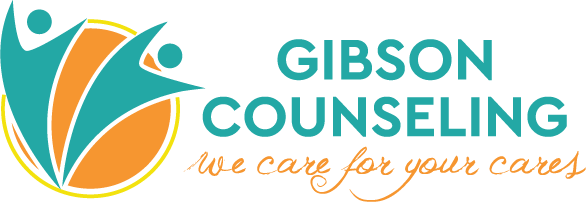Your best friend or closest family member confides in you about a situation in which they perceive they have failed. What do you say to them and in what tone do you say it? Do you help pick them back up and show them compassion? Now picture that it is you who has experienced the perceived failure. What do you say to yourself? Is your inner voice your worst critic, or as caring as you are to your loved ones?
As February is the month that celebrates love, I thought it fitting to discuss the Valentine’s Day card we often forget to send- the one to ourselves. Why is it that we find it easy to give love and support so willingly to others, but then fail to extend that unconditional love to ourselves? We forget our humanity, or hold ourselves up to impossibly high standards- ones we would never impart upon other people. This Valentine’s Day, let’s talk about cutting ourselves a little slack and extending ourselves a little love and empathy.
Self-compassion
Self-compassion can be defined as “extending compassion to ourselves in instances of perceived inadequacy, failure, or general suffering.” It’s a conversation we have with ourselves, and the quality of that conversation has the ability to impact how we feel and most likely, how we behave. Essentially it’s our own inner voice that clears its throat in the face of pain, loss or perceived failure. What does your inner voice sound like?
If it’s anything like that of the vast majority, it is most likely lacking in the self-compassion department, encouraging negative thoughts and feelings, rather than dispelling them. Dr. Kristen Neff, associate professor at the University of Texas in Austin, has made it her life’s work to study self-compassion. Her research has uncovered strategies to improve the quality of the conversation we have with ourselves, particularly at times when we most need support.
Mindfulness
Dr. Neff asserts that self-compassion consists of three elements- mindfulness, common humanity and self-kindness. Mindfulness requires being present, in the “here and now.” It is recognizing thoughts and feelings that come up, and noticing that they are there without judgment. It is saying “this is suffering” or “this hurts.” Mindfulness is exercising awareness, not pushing thoughts or feelings aside, or conversely, getting too emotionally charged. It is paying attention to thoughts and feelings, without attaching guilt or shame.
Common Humanity
We are human, and by design, imperfect. We are not alone in feeling pain, suffering or inadequacy. We are not alone in feeling alone. Let it provide comfort that others understand pain as well, and that you are in fact, not alone. When feeling loss or sadness, don’t be afraid to reach out to your biggest cheerleaders, and be a support to yourself by reminding yourself that “the very definition of being human means that one is mortal, vulnerable, and imperfect.”- Dr. Kristen Neff
Self-kindness
Self-kindness is accepting imperfection or a mistake you make with empathy for oneself, providing comfort just as you would for a friend who is struggling; self-talk that is kind and gentle, rather than self-critical and harsh. Ask yourself “what do I need to hear right now to express kindness to myself?” Some thoughts might include “May I be patient. May I be strong. May I learn to accept myself as I am.”
Today I challenge you to treat yourself with the same patience and kindness you are willing to give to the ones you love. By exercising mindfulness, self-kindness, and remembering your common humanity, you show yourself love and compassion. You can find more information on self-compassion, exercises to improve self-compassion, as well as a quiz to test your own self-compassion on Dr. Kristen Neff’s website at www.self-compassion.org.
About the Author
Jessie Trofe is a licensed professional counselor at the Gibson Counseling center in Round Rock, TX. She is committed to supporting adolescents, adults, couples and families in achieving their full potential and rediscovering their passion and zest for life. To work with Jessie in co-creating a more fulfilling life, contact Gibson Counseling at (512) 633-7839.

